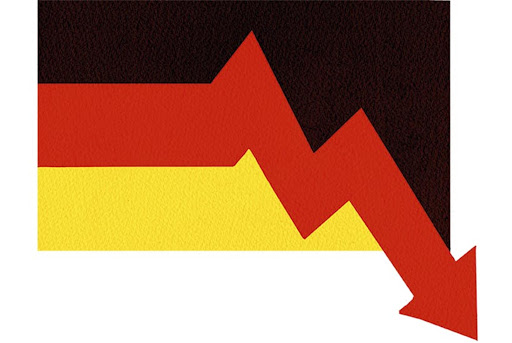As Britain’s furlough scheme winds down, Germany’s is set to continue: Merkel’s government has announced that its enormously-expensive policy will stay in place until the end of next year. Hubertus Heil, the country’s finance minister, says furloughing offers ‘the stablest bridge over a deep economic valley’. Many in Britain are clamouring for Rishi Sunak to adopt the same approach. But with a price tag of 30 billion euros (£26 billion) and no guarantee it will prevent a surge in unemployment, is Germany’s strategy really a sensible one?
This isn’t the first time Germany is hoping furloughing workers can get it out of a crisis. Kurzarbeitergeld, or ‘short-work money’, is state-regulated unemployment insurance through which temporarily laid-off workers receive payments from the Federal Employment Agency. Introduced in 1924, this financial medicine has been used by corporations that were forced to shut down production plants because of sales slumps. Back in 2008, the furlough scheme also helped carry Germany through the financial crisis when the government in Berlin budgeted 5.1 billion euros (£4.5 billion) on the programme, which partially replaced the lost income of over 1.4 million workers. Supporters of the scheme claim it saved nearly 500,000 jobs.
The danger is that this money will simply keep zombie firms on life support
And this time around, Merkel has made the scheme even more generous. Now, taxpayers are footing the bill for up to 70 per cent of the salaries of furloughed workers (up from 60 per cent after the 2008 crash). Berlin has also made applying for the scheme easier than before; now only one in ten of the workforce have to be furloughed in order for a company to be eligible for funds.
But not everyone is pleased about this taxpayer-funded largesse. Ralph Brinkhaus, leader of the CDU group in the Bundestag, said Kurzarbeit was useful but ‘very, very expensive’. Critics have emphasised how some companies use the scheme to postpone their inevitable insolvency. There have been cases of steel producers and retailers which were already struggling to make a profit in 2019 that have now claimed government support, arguing that the pandemic has been responsible for their plight. But the danger is that this money will simply keep zombie firms on life support for longer, only for them to die when the taps are turned off.
In a concession to these critics, Merkel said firms must foot the bill for furloughed workers’ social insurance costs from next summer. But in the grand scheme of things this is a small tweak. What’s clear then is that while many countries adopted similar strategies for dealing with the coronavirus when it first emerged – going into lockdown and generously subsiding workers’ wages – western economies are now going on different paths. If Britain doesn’t face a catastrophic spike in unemployment when its furlough scheme comes to an end in the next few months, Merkel might well wonder whether her strategy was the wrong one. But equally, if hundreds of thousands of Brits lose their jobs, this could look like a wise way to spend taxpayers money.
Germany’s Federal Employment Agency, responsible for the furlough scheme, will receive billions in funding from the government. Berlin has been willing to use taxpayer money to stabilise the economy from the outset of the pandemic, introducing national relief programmes for the self-employed and companies of all sizes, with funding of 350 million euros (£313 million) and 820 million euros (£734 million) in government-guaranteed loans.
Recent economic data has revealed that Germany recorded a GDP decrease of 10.1 per cent from the first to the second quarter of 2020. This decline is the highest since Germany introduced the quarterly GDP calculation in 1970. ‘That is an expectedly bad result and will hopefully remain an all-time low. Even in a best-case scenario, meaning that there won’t be a new lockdown, it will take a couple of quarters until we have regained the loss in economic output,’ commented Uwe Burkert from the public bank of the wealthy state Baden-Wuerttemberg.
The federal government estimates a decline in GDP of 6.3 per cent for the entire year, which would be higher than in the crisis of 2009 when Germany’s GDP decreased by 5.7 per cent. Fortunately for Merkel and her party, which hopes to retain the chancellorship in the 2021 general election, the government kept a balanced budget during good times and is now able to pour money into its domestic economy. Will Merkel’s generosity pay off?






Comments